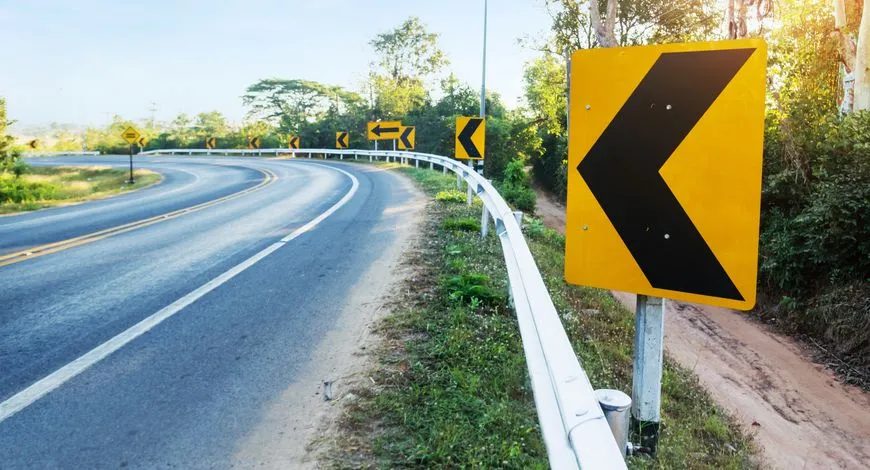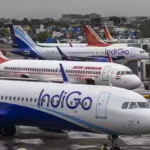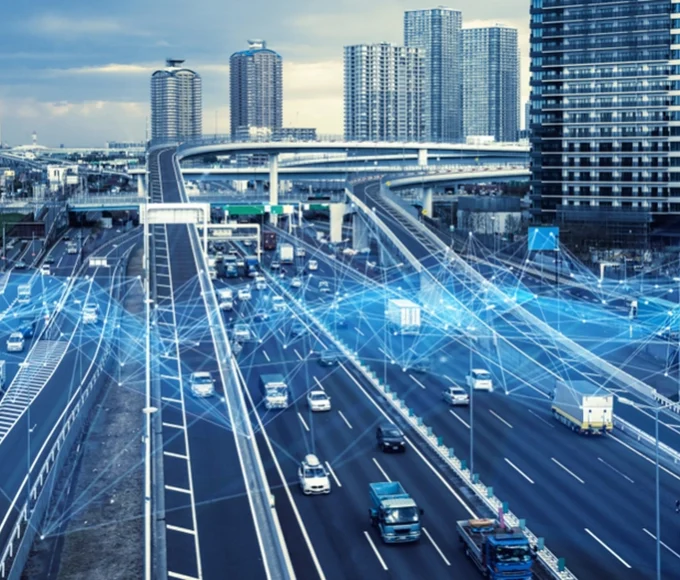Road safety in India has long been a cause for concern, with the country consistently ranking high in global statistics for road traffic accidents and fatalities. According to the World Health Organization, India accounts for a disproportionate number of road traffic deaths worldwide, with over 150,000 lives lost each year. In recent years, there has been a growing recognition of the need to address this issue, and one of the promising avenues is the integration of artificial intelligence (AI) to enhance road safety in India.
India’s road network is vast and complex, and the increasing number of vehicles on the road presents significant challenges in ensuring safety. Factors such as inadequate infrastructure, limited law enforcement, and a lack of road safety awareness contribute to the high accident rate. However, AI technologies offer a glimmer of hope in reducing the number of accidents and saving lives on Indian roads.
AI-Powered Traffic Management
One of the key areas where AI can make a significant difference is in traffic management. India’s bustling cities often face traffic congestion, leading to frustration among commuters and a higher likelihood of accidents. AI-driven traffic management systems can analyse real-time traffic data and adjust traffic signals and road signs to alleviate congestion and reduce the risk of accidents. Additionally, smart traffic cameras equipped with AI algorithms can monitor traffic violations and automatically issue e-challans, promoting adherence to traffic rules.
Predictive Analytics for Accident Prevention
AI can also play a vital role in predicting accidents before they happen. Using machine learning algorithms and historical accident data, AI systems can identify accident-prone areas and times. This information can then be used to deploy resources effectively, increase patrolling in high-risk areas, and implement targeted awareness campaigns to minimize accidents.
Driver Assistance Systems
The integration of AI in vehicles is another facet of the tech-driven approach to road safety. Advanced driver assistance systems (ADAS) rely on AI algorithms to provide real-time feedback and assistance to drivers. These systems can include features like lane departure warnings, adaptive cruise control, and collision avoidance, which are especially valuable on India’s diverse and often unpredictable roadways.
AI in Commercial Vehicles
The transportation of goods is a significant aspect of India’s economy, with a vast network of commercial vehicles on the road. AI technologies can help improve road safety for these vehicles through real-time tracking, route optimization, and monitoring of driver behaviour. By ensuring that commercial vehicles are operated more safely and efficiently, AI can reduce the number of accidents involving these vehicles.
Public Awareness and Education
Enhancing public awareness about road safety is a critical component of any strategy to reduce accidents. AI can be used to create engaging and personalized campaigns that target specific demographics and regions. Social media platforms and mobile apps can use AI algorithms to deliver road safety messages, tips, and reminders to users, promoting safer driving habits.
Challenges and Concerns
Infrastructure: The effectiveness of AI-based systems relies on a robust digital infrastructure, including a network of sensors, cameras, and data analytics. Building and maintaining this infrastructure is a significant undertaking.
Data Privacy: The use of AI in traffic management and monitoring raises concerns about data privacy and surveillance. Striking the right balance between safety and privacy is essential.
Affordability: Many AI-powered safety features in vehicles are currently available in high-end models. Making these technologies affordable and accessible to a broader segment of the population is crucial.
Cybersecurity: The reliance on AI and connected systems in vehicles opens up vulnerabilities to cyberattacks. Ensuring the security of these systems is paramount.
Regulation and Standards: Implementing AI in road safety requires clear regulations and standards to ensure that the technology is used effectively and ethically.
AI-driven approaches to road safety in India hold significant promise. By utilizing the power of artificial intelligence for traffic management, predictive analytics, driver assistance systems, and public awareness campaigns, India can substantially reduce the number of road accidents and save countless lives. However, overcoming challenges related to infrastructure, data privacy, affordability, cybersecurity, and regulation is essential to realize the full potential of this tech-driven approach.
With concerted efforts from both government and industry stakeholders, India can make its roads safer and more secure for all.
















Leave a comment